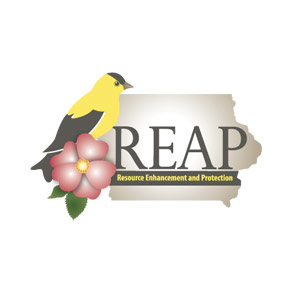Pink Rock Roads
There are different bedrock sources available for engineers and secondary road departments to use when creating road surfaces. In northwest Iowa the exposed bedrock is Sioux quartzite, a pink colored metamorphic. In other parts of Iowa, such as northeast Iowa, limestone is the exposed bedrock. This distinct difference in secondary road surfaces in these parts of the state is a result of different geologic processes over time and location.
Driving Question
- Why does where you live determine the color of roads?
Probing Questions
- What materials are available for creating road surfaces?
- What is a secondary roads department within our Iowa county system?
- When you look at the photo, what is the dominant mineral you notice?
Classroom Suggestions
Students could:
- Determine what quarries in their area provide rock for roads.
- Determine what the bedrock layer consists of and in which era and period it was formed.
- Determine if “gravel” road is an accurate description or if a more appropriate term might be “rock” road. Why?
- Learn about the geologic time scale and Iowa using the Bedrock Geologic Map of Iowa.
Resources
- Iowa County Engineers Association | About Secondary Roads: This describes the three classes of public roads, offers information about what these roads are made of as well as general information about county roads and engineers.
- Iowa Geoscience Education Information Network | Iowa’s Bedrock: Information about Iowa’s bedrock surfaces.
- Minerals Education Coalition | Crushed Stone: Details about crushed stone, including limestone, and their uses.
- Minerals Education Coalition | Quartzite: Details about quartzite and its uses.
Iowa Core Alignment
MS-ESS2-2:Construct an explanation based on evidence for how geoscience processes have changed Earth’s surface at varying time and spatial scales
Credit Info
Submitted by Stacey Snyder.
Funding for Iowa Science Phenomena provided by:




